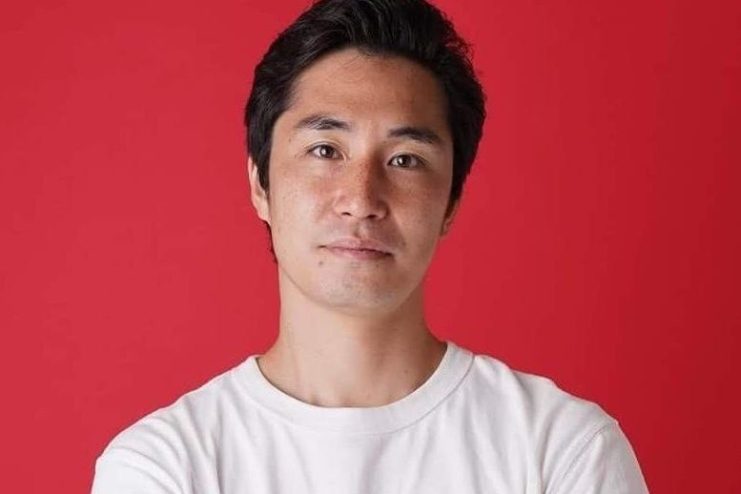Japan is no longer the gaming capital of the world, and this is why…

by Shinnosuke Murata, founder of blockchain games developer Murasaki
Japan is home to some of the world’s most prestigious and instantly recognisable gaming companies, from Nintendo and Bandai Namco to Square Enix and Sega. But I, a Japanese serial entrepreneur working precisely in the gaming space, have to admit I’m concerned about the future of Japan’s famed and treasured industry.
The Japanese government’s negative stance on emerging technologies like crypto means the country’s gaming sector is thoroughly unable to keep up with the times, change and mature alongside them, and adopt new and much-needed innovations to breathe new life into its core.
The reality is, there are few Japanese game developers and companies working in new and exciting areas of the industry, like GameFi, and this is due primarily to a few different factors. The first one that I’d like to go into more detail about related to taxes, which can be a painfully boring topic and not one readily associated with the exciting and entertaining gaming world, I know. But I need to be honest: taxes hugely impact revenue, and the ability to make a profit from one’s creative and entrepreneurial efforts remains a focal point of any business strategy worth its salt, so it’s important to talk about how Japan’s fiscal policies might kill the booming crypto sector before it even has a chance to set up shop in the country.
In Japan, token issuers pay taxes on unrealised assets of crypto, which means that if their token market cap is $100m, they will need to pay $30m at the end of the fiscal year. But Japanese regulations also categorise crypto earnings as “miscellaneous income, which means they can be taxed at rates up to 55%.” All other (non-crypto) stock profits in the country are subject to a flat 20% tax, so a 35-point difference is quite significant, wouldn’t you agree?
Now, let’s look at auditors. Japanese regulations are set up in a way that makes issuing tokens extremely –and unnecessarily– difficult. Auditors do not want to audit crypto assets, especially fungible tokens. Because the exchanges follow strict protocols as instructed by the Financial Agency, the listing process can be lengthy and frustrating, protracting for months and months up to more than half a year. What’s more, the JVCEA (Japan Virtual and Crypto Exchange Association) identifies the token listing process as the main obstacle keeping the Japanese crypto market from booming, reportedly suggesting that “changing the existing rules to allow for expedient processing could increase Japanese involvement in the global crypto markets”.
In Japanese media, the conversation around market slowdown and a general brain drain is a heated, known, and recurring topic. But when you look at the hard, cold facts at hand, it’s clear that the situation poses a lot more systemic problems than might initially be obvious, and that the challenges faced by the Japanese games industry are as perplexing as they are obstinate But, not all is lost.
A few months ago, Bloomberg reported that the Japanese government was considering implementing new regulations easing the coin listing process, making it possible for exchanges registered with the Financial Services Agency to list some assets without undergoing a screening process at all.
And four years after its “retreat” from Japan, the world’s biggest cryptocurrency exchange, Binance, is reportedly seeking to obtain a licence to operate in the country. This is in line with Prime Minister Fumio Kishida’s new and improved economic agenda, which looks to make Web3 development “one of the pillars of economic revitalization,” and thus support the growth of companies in the crypto, blockchain, and related decentralised spaces.
These are not insignificant steps for Japan to take, but they remain necessary if the country aims to regain its place as the world’s gaming capital. I believe it is imperative that it does – or at least, attempts to do – just that, and that would better come sooner, rather than later.